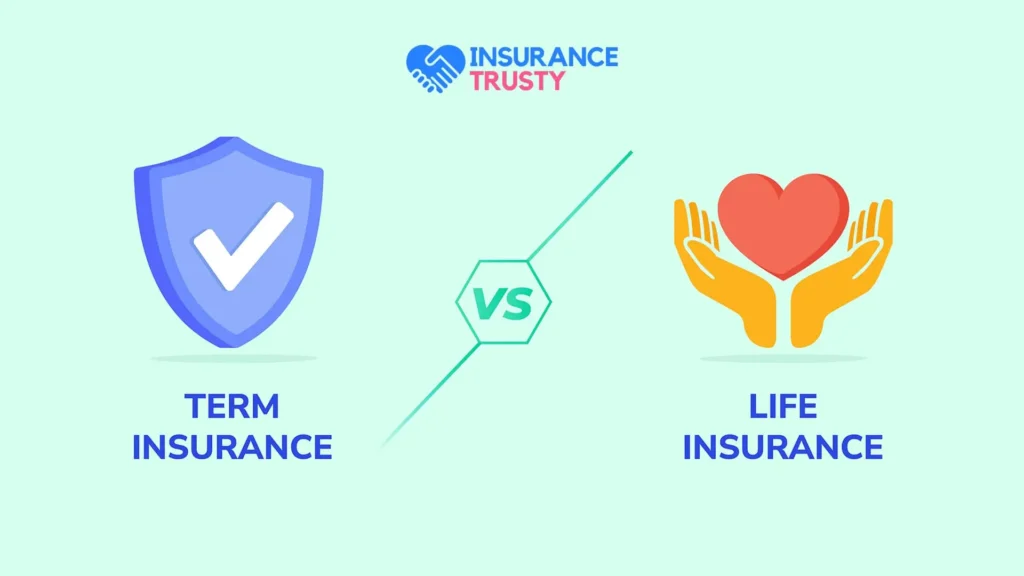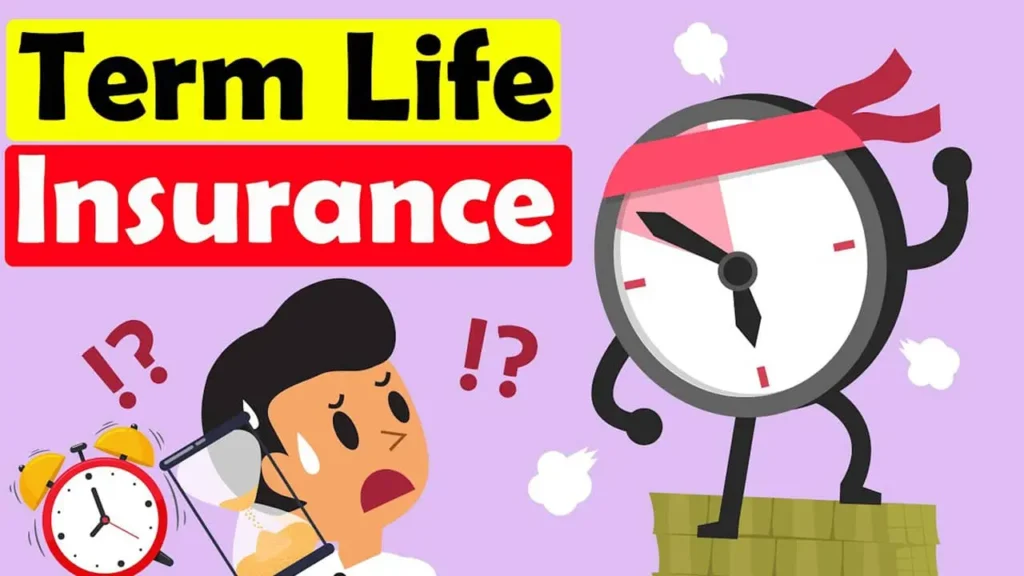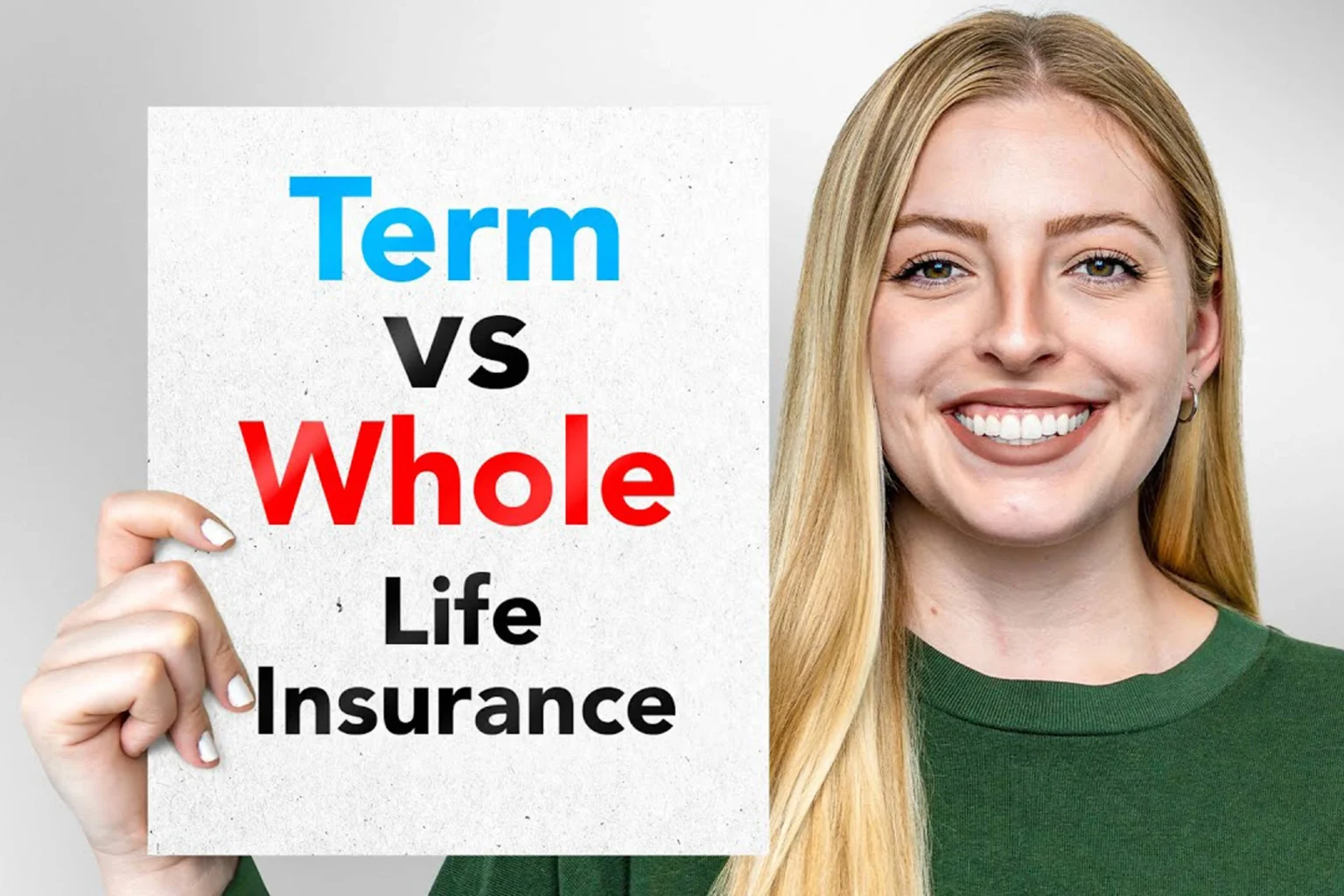Choosing between term life insurance and whole life insurance can feel overwhelming. With so many options out there, you might wonder which type of policy best fits your needs. In this article, we will break down the differences, pros, and cons of term life insurance and whole life insurance. By the end, you’ll have a better understanding of which type might be right for you.

What is Term Life Insurance?
Term life insurance is typically a temporary policy that last for a specified “term” or period. This can range from 1 to 30 years or more.
If you pass away during that period, your beneficiaries receive a tax-free death benefit. If you outlive the term, the policy will expire, and you will not receive any money back.
Benefits of Term Life Insurance
- Affordability: Term life is often cheaper than whole life. Although the price can vary, it is generally favored by individuals looking for insurance on a budget.
- Simplicity: It offers simple coverage for a specific time frame. You pay premiums, and if something happens to you, your loved ones get the benefits.

Drawbacks of Term Life Insurance
- Temporary Coverage: Once the policy ends, you may need to renew it at a higher premium. This could become an issue if you develop health problems during the initial term.
- No Cash Value: Unlike whole life insurance, term policies do not build cash value over time.
What is Whole Life Insurance?
Whole life insurance is a permanent type of policy designed to last your entire life, as long as you keep paying the premiums.
In addition to providing a death benefit, whole life insurance also includes a savings component, which invests your premiums and accumulates cash value.
Benefits of Whole Life Insurance
- Lifetime Coverage: As long as you continue your payments, your beneficiaries can get benefits whenever you pass away, regardless of your age.
- Cash Value: Whole life policies build cash value. You can borrow against it or even withdraw funds under certain conditions.
Drawbacks of Whole Life Insurance
- Higher Premiums: Whole life insurance tends to be more expensive compared to term life. This could impact your budget if you choose this option.
- Complex Structure: With cash value and investment components, understanding whole life insurance can be a bit more challenging than term policies.
Term Life Insurance vs Whole Life Insurance: Which One Is Best for You?
Choosing the best form of life insurance comes down to individual needs and financial goals. Here are a few key points for consideration:
If You Prefer an Affordable Option: Term Life Insurance
Term life insurance is ideal for those with temporary insurance needs. For example, if you are focused on ensuring your family can afford mortgage payments or education costs over the next 20 years, a term policy makes sense.
If You Seek Long-Term Coverage: Whole Life Insurance
Whole life insurance might be the better choice if you want to leave a financial legacy or cover lifelong expenses. It provides security and accumulated cash value, making it more of an investment vehicle.
Can You Have Both?
Many people opt to combine policies. For instance, you can purchase a term policy to cover immediate financial concerns while having a whole life policy for long-term benefits. This way, you accomplish both short-term goals and long-term security.
Consider Your Current Life Stage
When deciding between term and whole life insurance, consider your age, family situation, and future financial goals. Younger individuals with families might lean towards term to protect their dependents at an affordable rate. Meanwhile, those nearing retirement might favor whole life to cater to long-term planning.
Financial Health and Budget
Look closely at your budget before deciding. Whole life insurance demands higher monthly premiums, while term policies offer more flexibility and lower costs. Run the numbers based on your income and financial responsibilities to find what works best for you.
FAQs about Term Life and Whole Life Insurance
Q: Are there any health conditions that could affect my approval?
A: Yes, your health conditions can impact approval and premiums. Underwriters evaluate your health to determine risk.
Q: Can I convert my term policy to whole life Insurance?
A: Many term policies allow conversion to whole life without a new medical exam. This can be beneficial as your situation changes.
Conclusion
In summary, deciding between term life insurance and whole life insurance really depends on your individual needs and financial goals. If you need a more affordable, temporary solution, term life insurance may be your best bet.
On the other hand, if you favor lifelong coverage with cash value options, consider whole life insurance. It’s all about finding the right fit, so take your time to explore your choices. For more information on this subject, consider visiting resources that specialize in financial guidance, such as Investopedia or NerdWallet.
Make a move today to secure your family’s financial future!



Your tips are always on point.